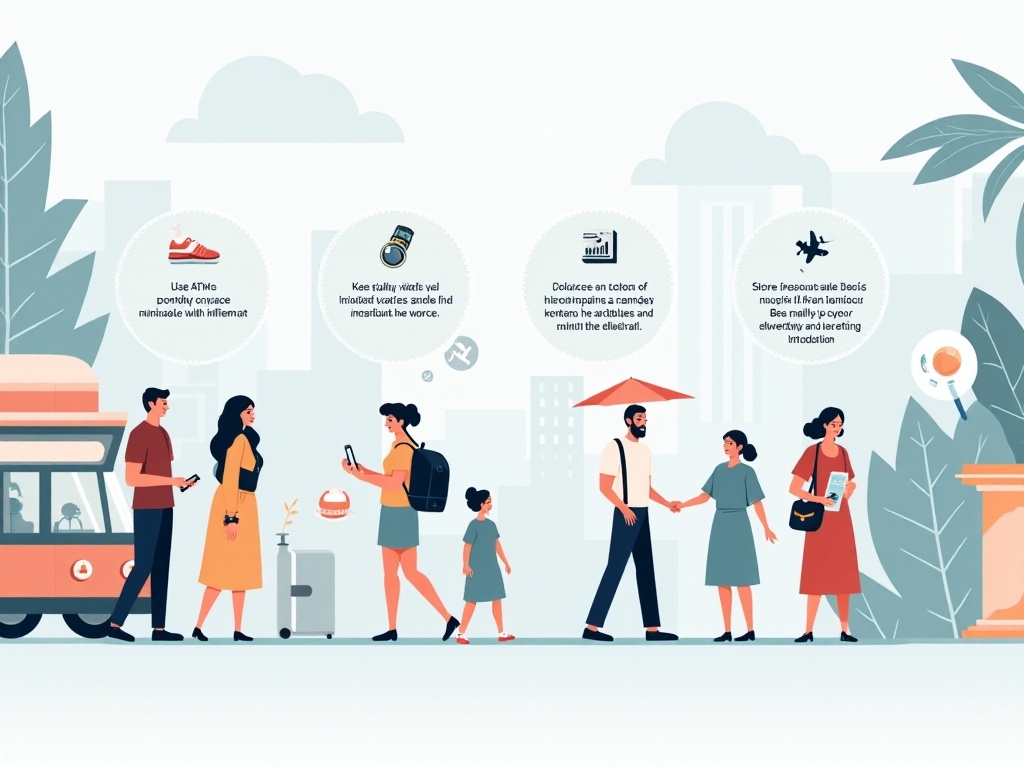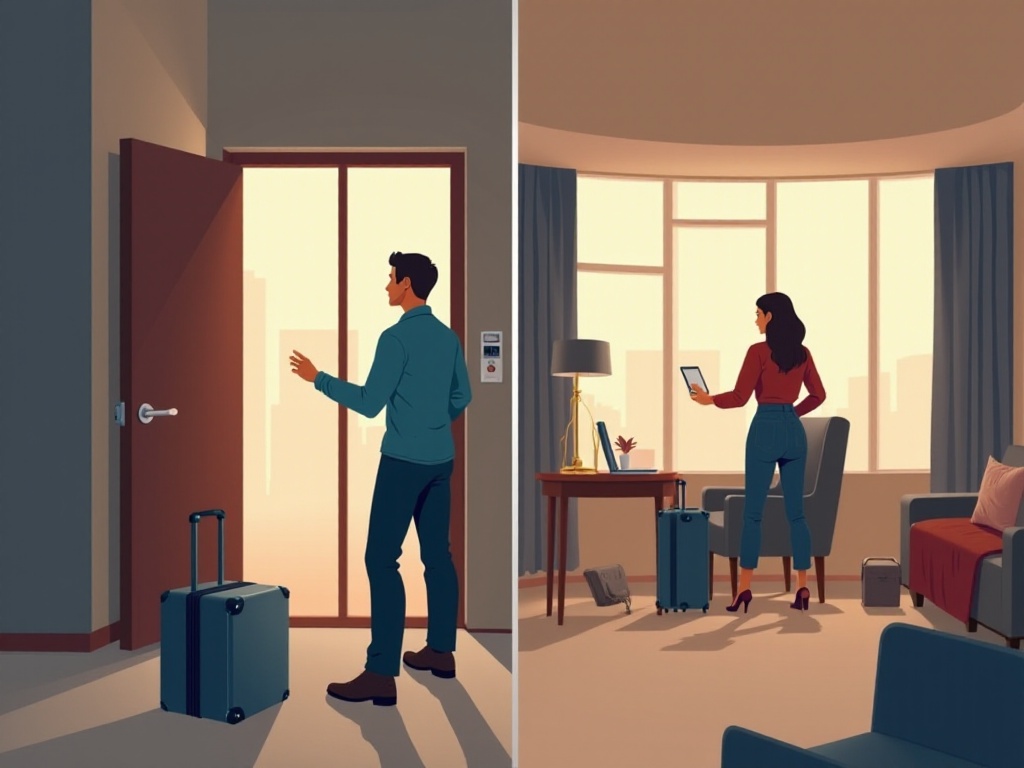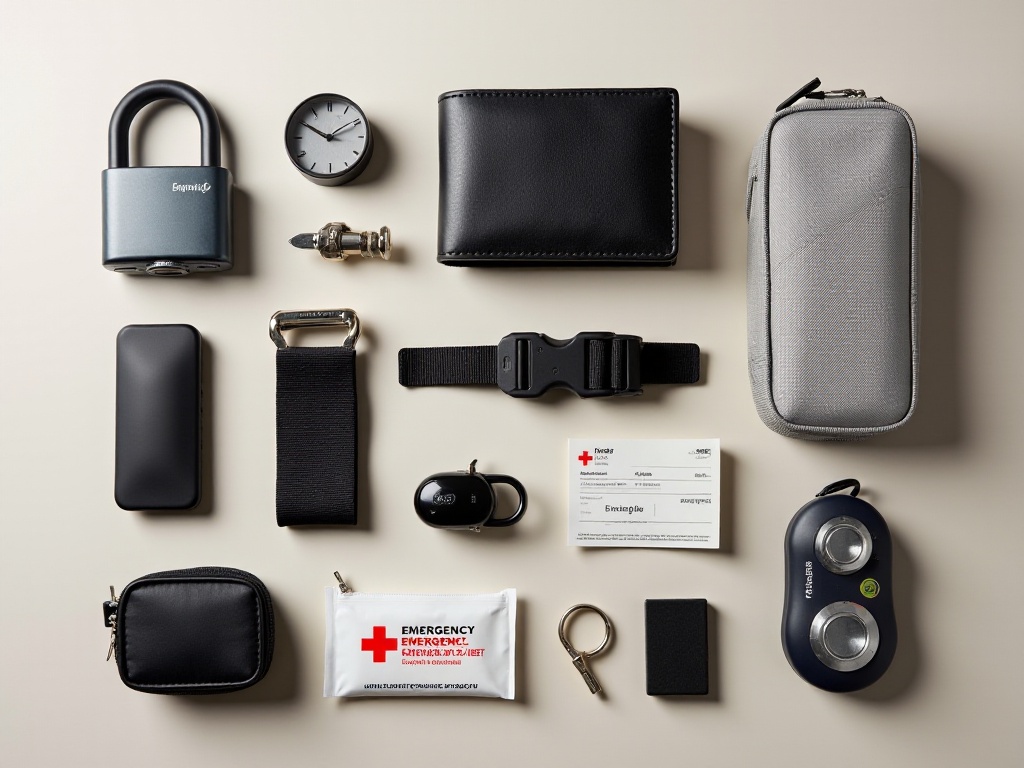
Introduction
Do you remember the nervousness of your first solo trip? That mix of excitement and fear remains vivid in my memory. As a travel blogger who has visited over 30 countries, I know that solo travel is both thrilling and challenging. From initial uncertainty to current confidence, I've gained invaluable experience along the way.
I remember my first solo trip to Japan. Despite thorough preparation, standing in Narita Airport's arrival hall left me feeling somewhat lost. Even though I had studied the routes carefully, facing an unfamiliar environment alone still brought an inexplicable tension. However, this experience taught me that the most important aspect of solo travel isn't perfect planning, but learning to stay calm and rational when facing the unknown.
Accommodation Guidelines
When it comes to travel safety, accommodation is absolutely crucial. During my first backpacking trip to Southeast Asia, I booked a hostel with few reviews to save money, only to be kept awake all night by noisy neighbors. This experience made me realize that accommodation safety affects not only sleep quality but the entire travel experience.
Since then, I've established strict booking rules: reserve at least two weeks in advance and always read reviews, especially those from solo female travelers. This habit has helped me avoid many potential problems. For instance, last year in Paris, I initially found an ideally located small hotel with attractive prices. However, after carefully reading reviews, I discovered several female guests mentioned the surrounding area was poorly lit at night with questionable security. I ultimately chose a hotel closer to the metro station with better reviews. Though more expensive, it offered much better peace of mind.
According to Ctrip's 2023 data, booking 14 days in advance saves an average of 32% compared to last-minute bookings, while securing better room locations. I recommend choosing places with ratings above 4.5 and at least 50 genuine reviews. When selecting specific rooms, I pay attention to several factors: preferably choosing rooms on floors 2-6, as this height is both escape-friendly and less vulnerable to break-ins; rooms near elevators or stairwells to avoid long corridor walks; and female-only floors for solo female travelers.
Many hotels now offer virtual tours. I particularly check if windows are secure, door locks are sturdy, and if safes are provided. For budget planning, I suggest keeping accommodation costs between 25-30% of the total budget to ensure both safety and comfort.
When checking in, I make it a habit to verify all doors and windows close properly, check for bathroom anti-slip mats, and ensure clean bedding. Any issues should be reported to the front desk immediately. Once in Bangkok, I requested a room change when I found the safe wasn't working, as it's crucial for storing passports and valuables.
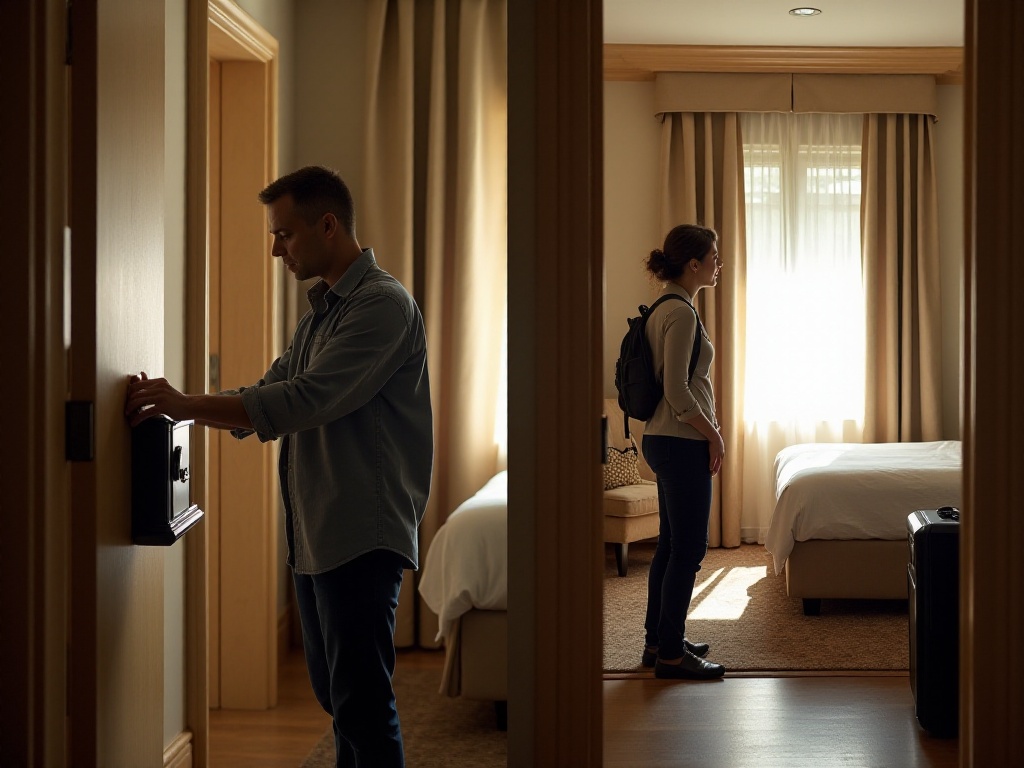
Document Protection
When traveling abroad, your passport is your lifeline. Many people have misconceptions about passport storage. Besides carrying the physical passport, it's essential to keep a scanned copy on your phone and a printed copy in your luggage. I save passport scans both locally on my phone and in the cloud in case of phone loss. Additionally, I send photos of the passport's main page and visa pages to family members back home.
Last year in Italy, I encountered a Chinese girl whose passport was stolen. Fortunately, she had prepared passport copies and digital versions, which greatly simplified the replacement process. Through this incident, I developed a habit: on the first day in each city, I take fresh photos of my passport and visa pages to ensure clear images.
Beyond passports, I apply the same backup strategy to other important documents like ID cards, credit cards, and driver's licenses. For credit cards specifically, I record the issuing bank's international emergency service numbers for contingencies. In some countries, carrying passport copies might be necessary while keeping originals in the hotel safe. This approach is both secure and convenient, preventing panic during document checks.
Financial Management
Regarding travel fund safety, I've developed a "triple-thirty" principle: cash, credit cards, and debit cards each handle about 30% of expenses. This distribution method came from a lesson learned in South America. I had relied too heavily on credit cards and encountered a card machine malfunction in a small town. If I hadn't carried some cash, I would have gone hungry.
Here are specific financial preparation recommendations: For cash, besides the destination country's currency, keep some USD as backup. Prepare two credit cards from different banks in case one has issues. The same applies to debit cards - one from a major domestic bank and one from an international bank. Activate overseas withdrawal and payment functions for each card and set appropriate limits.
I research the payment environment of destinations before departure. For example, many small shops in Japan still primarily accept cash, while Nordic countries almost entirely rely on credit cards. I adjust fund allocation based on this information. Additionally, I record each card's expiration date, security code, and issuing bank phone number in encrypted form on my phone.
A useful tip is to distribute cards separately: keep one credit card and small cash in your wallet, storing other cards and large amounts in anti-theft bags or hotel safes. When withdrawing money in unfamiliar places, I choose ATMs inside bank branches, avoiding standalone machines that might have skimming devices.
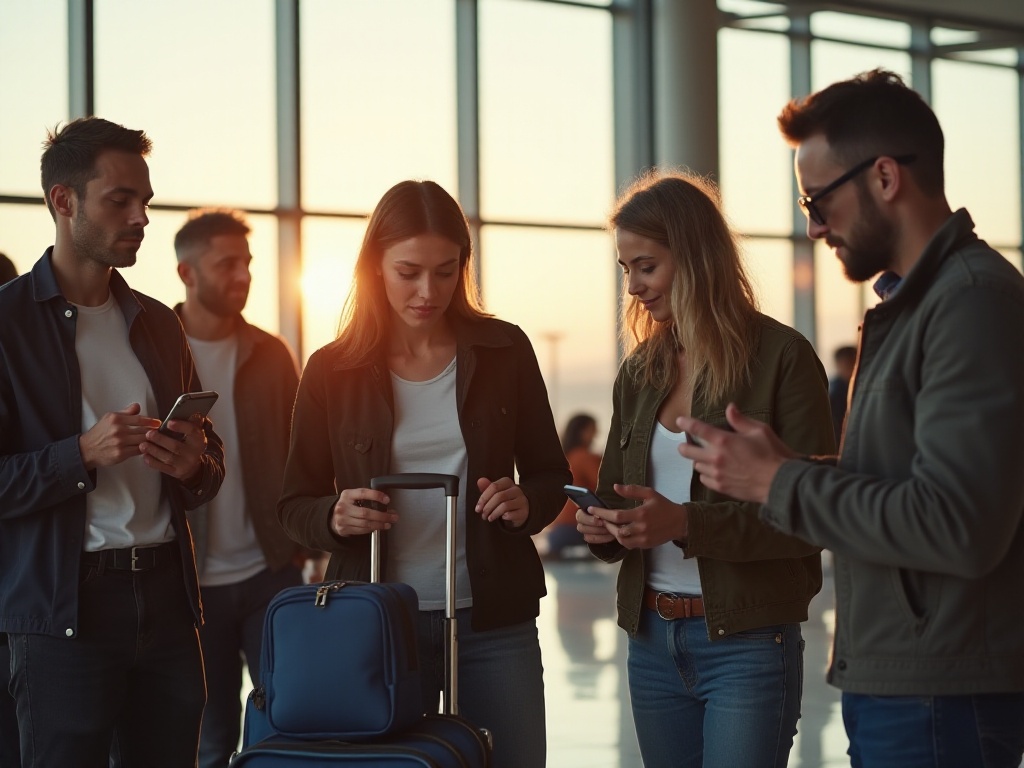
Keep a Low Profile
Guess which tourists are most likely to be targeted abroad? That's right - those wearing expensive watches and taking photos everywhere with the latest iPhones. On Barcelona's Las Ramblas, I witnessed a tourist's phone being snatched by motorcycle thieves because they were too conspicuous. This confirmed my belief: staying low-key is the best protection while traveling.
How to maintain a low profile while staying stylish? First, choose simple, neutral-colored clothing, avoiding expensive brands or prominent logos. For accessories, I wear costume jewelry while traveling, leaving valuable pieces at home. Be especially careful with cameras and phones - take quick photos and put them away rather than constantly displaying them.
Last year in Rome, I met a couple - the woman wearing a huge diamond ring and designer bag, the man sporting an expensive watch. They attracted unwanted attention while photographing at the Trevi Fountain. Fortunately, they followed my advice to put away their valuables, avoiding potential danger.
Stay vigilant in social situations too, avoiding sharing travel plans or accommodation details. While chatting with friendly locals is fine, maintain appropriate distance and don't trust strangers excessively.
Accommodation Safety
What should be your first action after checking into a new hotel? Many might say unpacking, but my priority is: checking door locks and locating emergency exits. This habit stems from an experience in Chiang Mai, Thailand. I specifically requested a second-floor room, as ground floor rooms, though convenient, are easier targets for criminals.
According to the International Hotel Association, 90% of hotel security incidents relate to guests' lack of safety awareness. Upon check-in, I thoroughly inspect the room: verify door locks, window security, and check for hidden cameras. Bathroom windows are often overlooked but can be security risks.
I observe room layout, noting the distance from bed to door and emergency exit locations. Before sleeping, I secure the door with both the lock and a portable door stop. When using the room safe, always change the default code. Keep valuables with you or in the safe, not in plain sight.
When selecting rooms, I follow several principles: avoid end-of-corridor rooms as they're isolated; choose middle floors for safety and easy escape; for solo female travelers, request rooms near elevators or visible from reception. Many hotels now offer female-only floors, which is a good option.
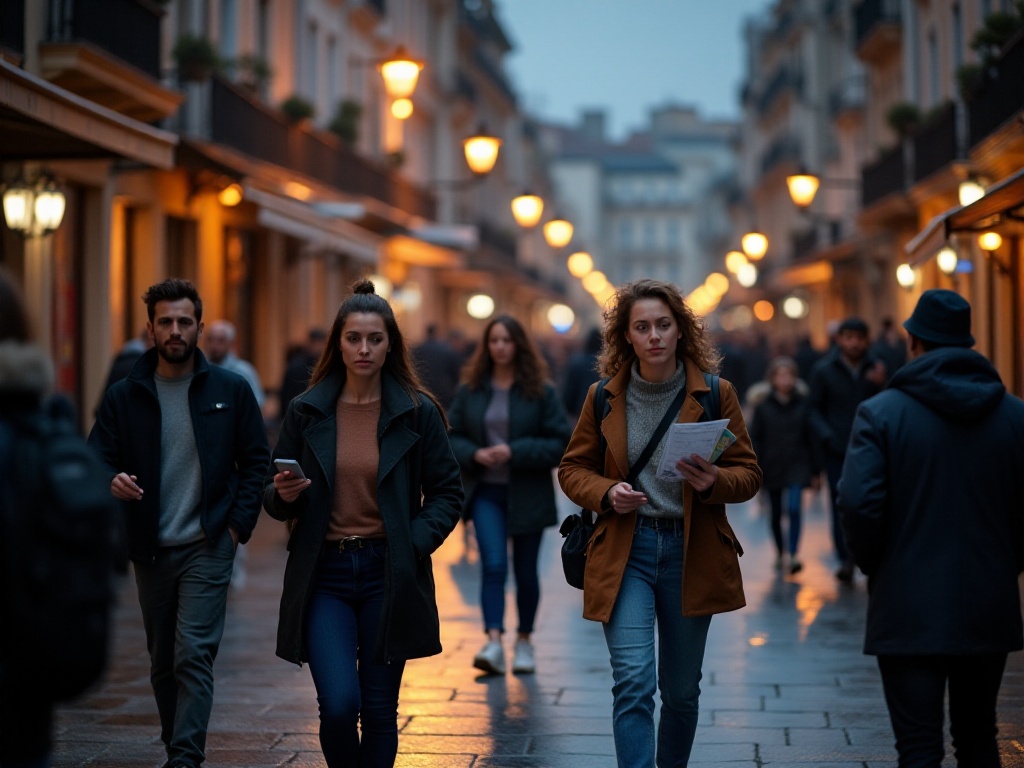
Information Protection
While sharing travel updates on social media is exciting, it can create security risks. My advice: post photos and updates after leaving a location. This allows you to enjoy sharing while not revealing your real-time location.
In this information age, personal data security is equally important. When using public Wi-Fi, enable VPN for data protection. Use credit cards rather than debit cards for online bookings or shopping, as credit cards offer better risk control measures.
I install practical security apps on my phone, like location-sharing software so family and friends can track my position. I also regularly back up important documents and photos to the cloud in case of phone loss.
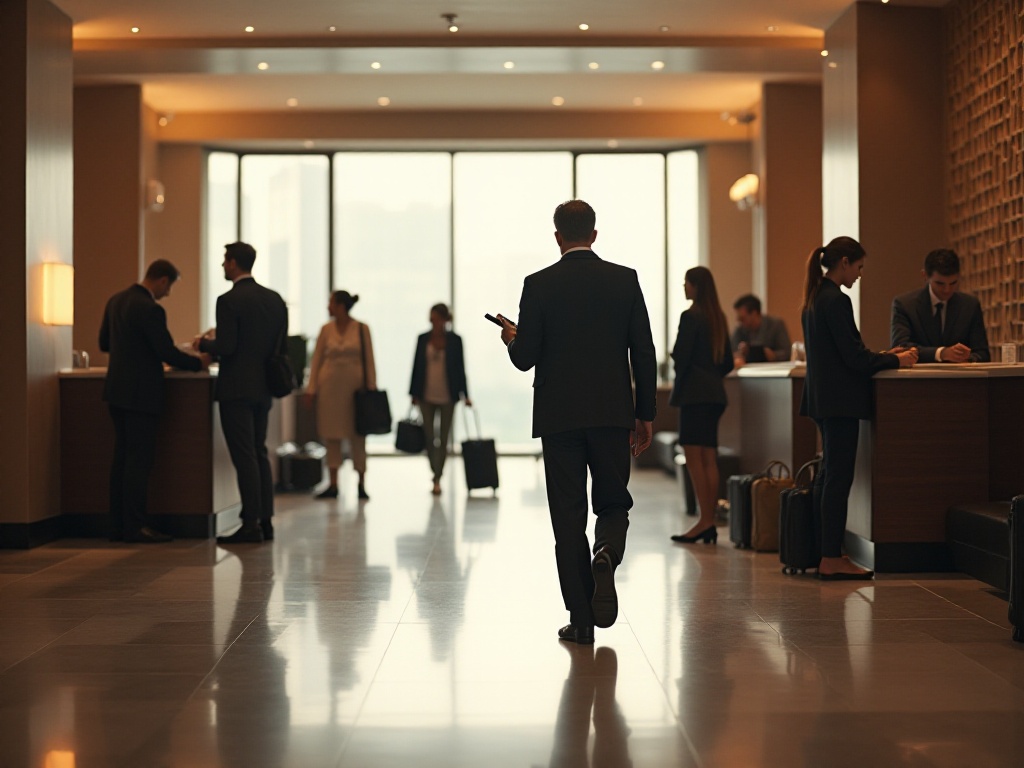
Personal Items
Choosing appropriate bags and anti-theft equipment is key to travel safety. From multiple travel experiences, I particularly recommend anti-theft bags with inward-facing zippers. Though pricier than regular backpacks, they're worth it for security. Choose bags with sturdy straps and moderate capacity - oversized bags are inconvenient and attract unwanted attention.
My bag's essential safety equipment includes: small door stops, portable door alarms, and mini flashlights. While rarely used, these items can be crucial in emergencies. Distribute cash and documents separately, never keeping all important items in one place.
A personal tip for carrying items: place the most important things in the least accessible spots. For example, keep passports and large amounts of cash in body-worn anti-theft pouches, with daily spending money in outer pockets for convenience and security.
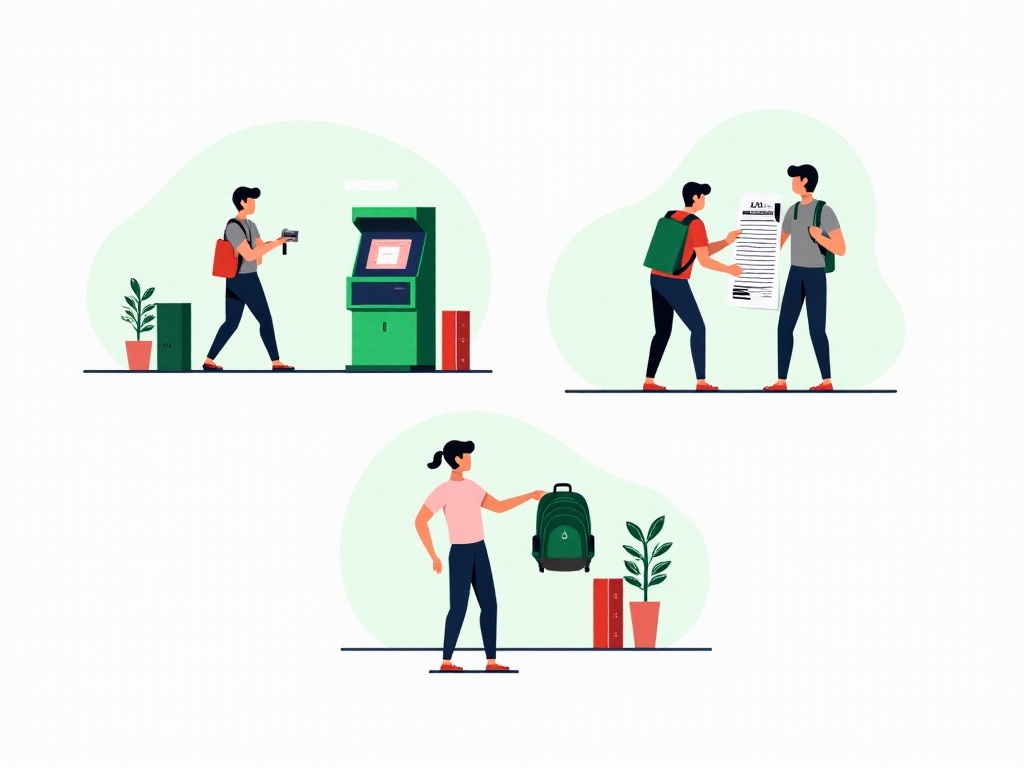
Daily Vigilance
In each new location, I first note important phone numbers: local police, embassy contacts, and hotel numbers. These seemingly minor details can be crucial in emergencies. According to the World Tourism Organization, 80% of travel incidents can be prevented through advance preparation.
Staying alert doesn't mean being paranoid. In unfamiliar cities, I research safe areas and places to avoid. Maintain awareness of surroundings while walking, avoiding headphone use that might distract from environmental awareness. Avoid solo visits to isolated areas at night, and use official taxis or reliable ride-hailing platforms.
In emergencies, prioritize personal safety over property. Lost items can be replaced, but personal safety is paramount. I set emergency contacts on speed dial and keep digital copies of important documents for emergencies.
Conclusion
Remember, thorough preparation isn't about paranoia but enabling more relaxed travel. With adequate safety measures, we can better enjoy every moment of our journey. Solo travel isn't just about exploring the world but also about self-discovery and personal growth.
Through years of travel experience, I've learned that safety awareness isn't a constraint but a protective umbrella allowing better world exploration. With a positive yet cautious attitude toward each travel day, we can gain the most authentic and exciting travel experiences.
Everyone has unique travel stories and experiences. Do you have memorable travel experiences or special safety tips to share? Let's exchange ideas to make travel safer and more enjoyable!
Next
First Time Traveling to Japan Alone? Don't Miss These Essential Preparations! A Comprehensive Guide
A comprehensive guide covering essential travel safety preparations, including document management, luggage security, accommodation safety, and personal property protection, helping travelers minimize risks during their journey.
Essential Safety Guide for Solo Female Travelers in 2024: From Hotel Booking to Scam Prevention
A comprehensive guide covering travel safety aspects including accommodation security, personal belongings protection, and behavioral safety. Provides practical advice on lodging preparation, valuables management, document security, and scam prevention for travelers
What's It Like to Travel Alone to the Sahara Desert in Morocco? An Adventure from Ramadan to Desert Camping
A comprehensive guide covering essential travel safety aspects, including pre-trip preparation, document management, accommodation security, property protection, and emergency response protocols for a secure travel experience
Next
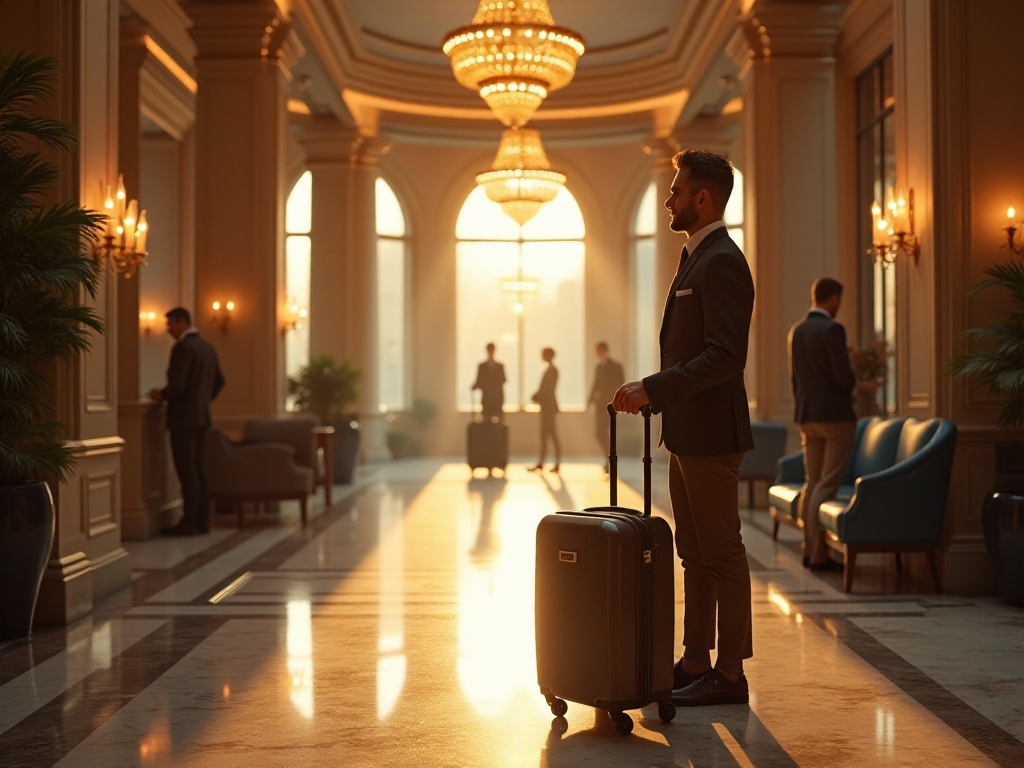
First Time Traveling to Japan Alone? Don't Miss These Essential Preparations! A Comprehensive Guide
A comprehensive guide covering essential travel safety preparations, including document management, luggage security, accommodation safety, and personal property protection, helping travelers minimize risks during their journey.
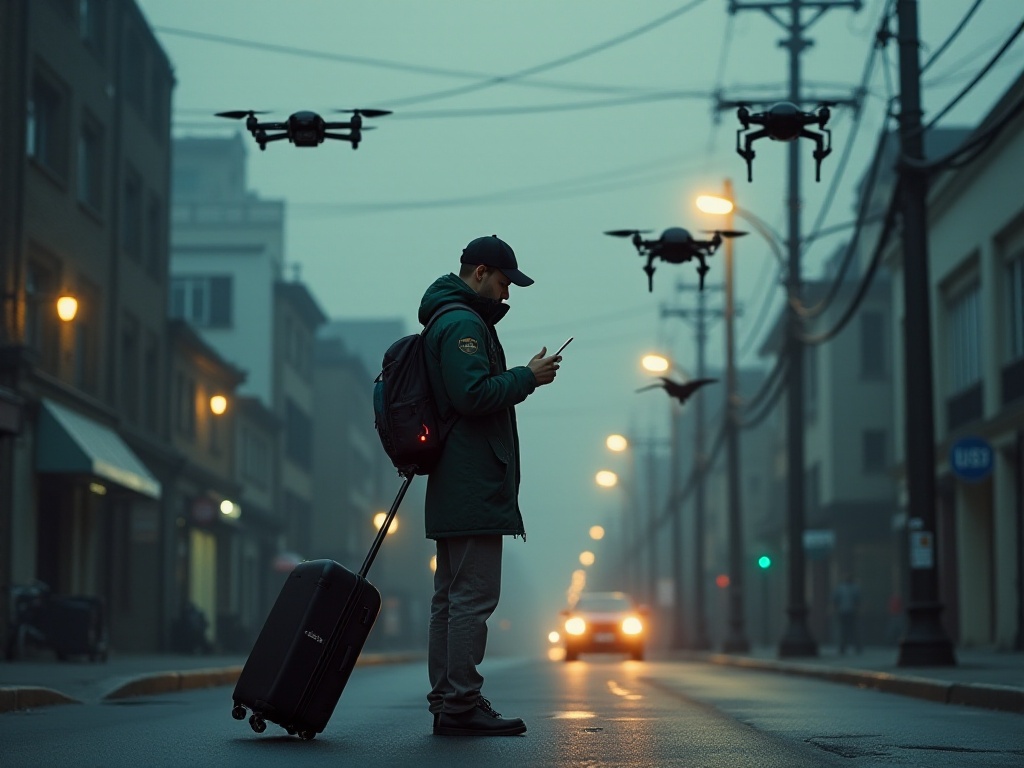
Essential Safety Guide for Solo Female Travelers in 2024: From Hotel Booking to Scam Prevention
A comprehensive guide covering travel safety aspects including accommodation security, personal belongings protection, and behavioral safety. Provides practical advice on lodging preparation, valuables management, document security, and scam prevention for travelers
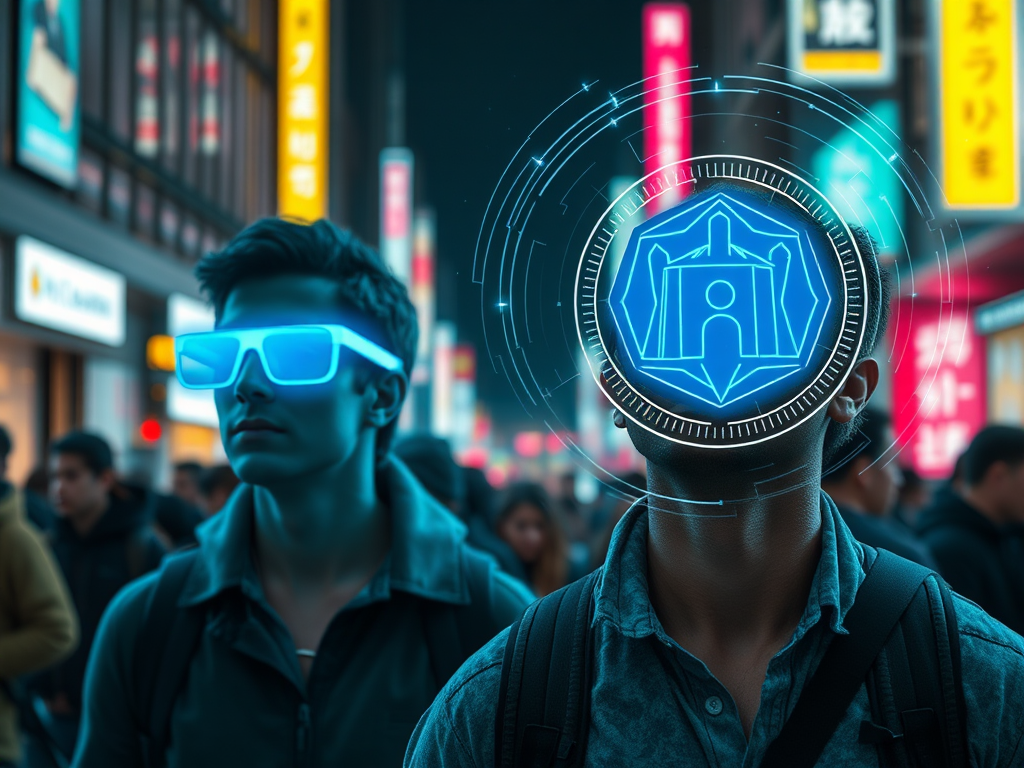
What's It Like to Travel Alone to the Sahara Desert in Morocco? An Adventure from Ramadan to Desert Camping
A comprehensive guide covering essential travel safety aspects, including pre-trip preparation, document management, accommodation security, property protection, and emergency response protocols for a secure travel experience

